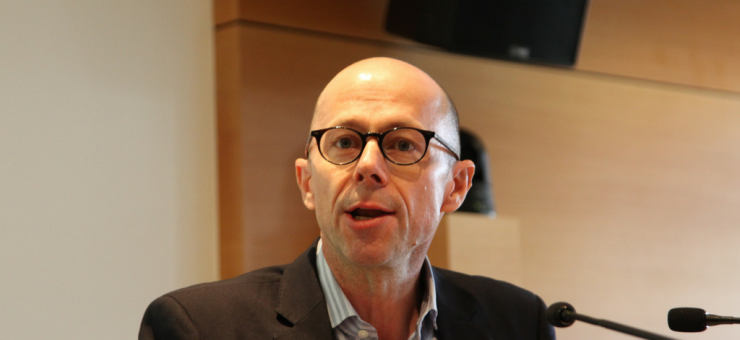News
WEB endorses UNI World Athletes’ goal to ensure athletes’ rights are respected

At the World Executive Board in Nyon, Head of UNI World Athletes, Brendan Schwab, briefed union leaders on the substantial progress being made in advancing the 2014 Cape Town resolution to embed human rights in sport. The World Executive Board also agreed to support the sector in their goal to make human rights fundamental at mega-sporting events such as the Qatar World Cup in 2022.
“We have a three-part goal. The first is to ensure that the human rights of everyone involved in the delivery of sport are protected, respected and upheld. The second is to ensure this is true for the people at the centre of sport – the players. And, third, to ensure that everything that sport touches is impacted positively.
“The impact of sport must be positive in social, economic, environmental, sporting and cultural terms. Together with a diverse coalition of stakeholders from different fields, UNI World Athletes has committed to making human and labour rights central to the planning, delivery and legacy of mega sporting events. This is seeing organisations such as FIFA strategically commit to champion human rights globally with the same energy that it has advanced its commercial interests. There is still some way to go, but 2016 shapes as the year in which international sporting federations turned the corner and accepted their responsibilities as global leaders in the field of human rights.
“Between now and 2018, UNI World Athletes will play an active role in multi-stakeholder negotiations to ensure that this commitment is backed by the necessary institutional framework that holds sporting bodies accountable and ensures that, when people’s rights are violated, they have access to a remedy.”
Mega sporting events have the potential to help catalyze greater respect for human rights and international labour standards. The efforts of public and private actors involved in the delivery of these events contribute to a range of benefits including new jobs, improved infrastructure such as public transport and digital access, increased tourism and the promotion of healthy life styles. Each major sporting event has the potential to bring lasting positive social impacts.
There are significant human rights risks and challenges at every stage of the lifecycle of a major sporting event. Past events have been marked by incidents of forced displacement, workplace deaths and labour rights violations, adverse impacts on the livelihoods of small businesses and street vendors, constraints on freedom of expression, security related abuses, exploitation of children and mistreatment of athletes and spectators. These issues have not been adequately addressed, and UNI World Athletes will continue to shed light on the problems arising from huge sporting events.
UNI World Athletes has over 85,000 players united through over 110 player associations around the world.

